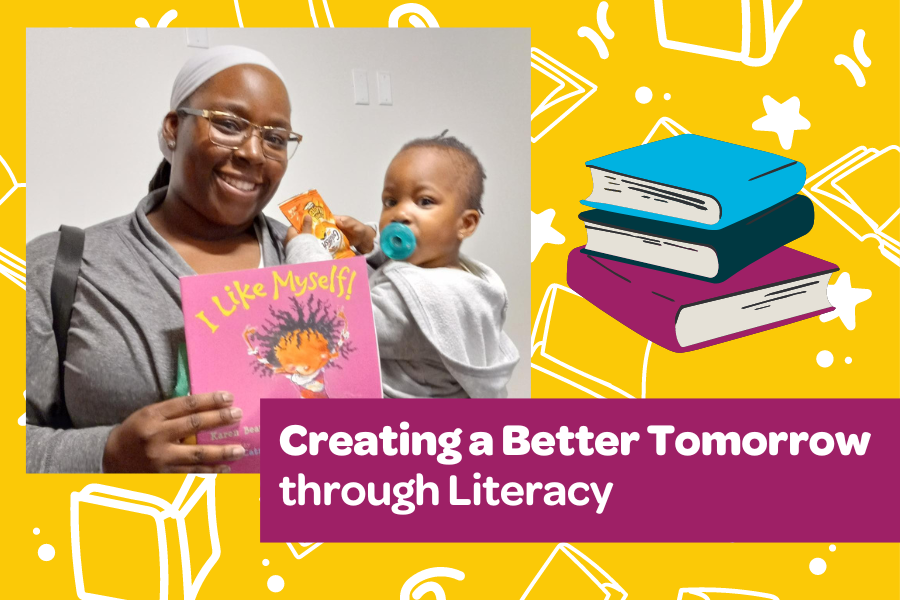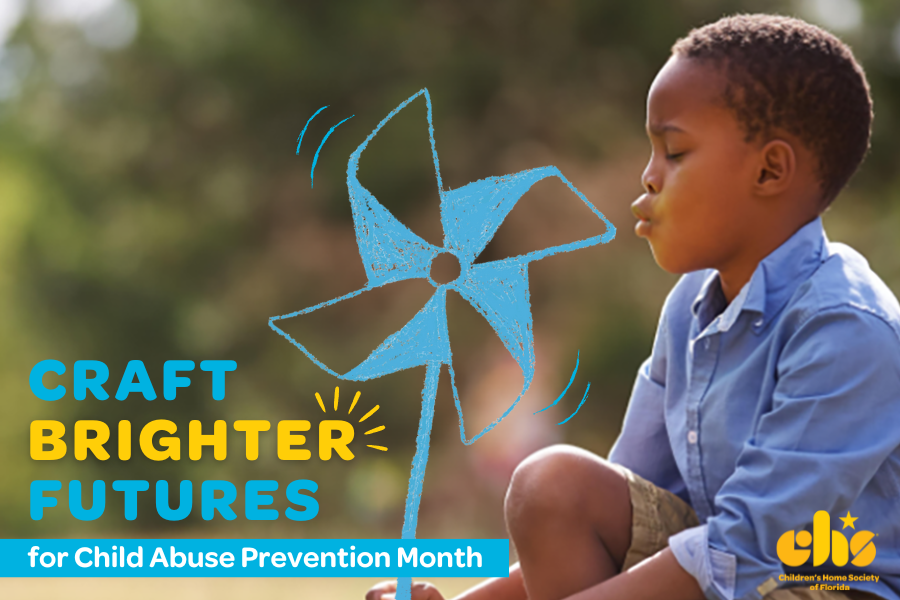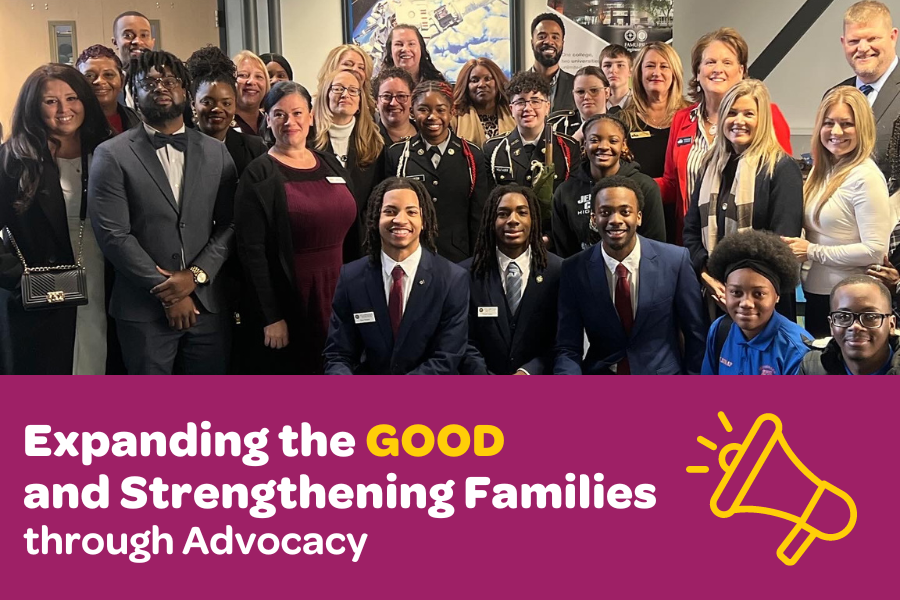The devastating shooting at Majory Stoneman Douglas High School has evoked many emotions—sadness, grief, helplessness, anxiety, and anger. Children struggling to cope with or understand their feelings may turn to trusted adults for help and guidance. Here are 5 things to consider when talking to your child about the tragedy.
Start the conversation: After you have taken a little time for yourself, talk with your child. Chances are your child has heard about it. Talking will help you understand what your child already knows. Pay attention for misinformation, misconceptions, and underlying fears or concerns. Understand this information will change as more facts about the shooting come to light.
Gently correct inaccurate information: If your child/teen has inaccurate information or misconceptions, take time to provide the correct information in simple, clear, age-appropriate language.
Encourage your child to ask questions: Like adults, children/teens are better able to cope with a difficult situation when they have facts. Encourage Q&A discussions and offer ongoing support as he or she copes with a range of emotions. Your child/teen may have difficult questions —that’s OK. Concerns about re-occurrence are not uncommon. Review plans your family has for keeping safe in the event of any crisis situation. Reach out to CHS or another trusted counseling organization if you need additional support in talking with your child.
Limit media exposure: Limit your child’s exposure to media images and sounds of the shooting, and do not allow very young children to see or hear any TV/radio shooting-related messages. Even if they appear to be engrossed in play, children often are aware of what you are watching or listening to. What may not be upsetting to an adult may be very upsetting and confusing for a child. Limit your own exposure as well. Adults may become more distressed with nonstop exposure to media coverage.
Be patient: In times of stress, kids may have trouble with behavior, concentration and attention. Children and teens need a little extra patience, care and love. (Be patient with yourself, too!)
Extra help: Should reactions continue or at any point interfere with your children’s/teens’ abilities to function, or if you are worried, contact CHS or another trusted local mental health professional with expertise in trauma.
These tips were provided by The National Trauma and Child Stress Network. For more resources including ways to talk to youth about grief and community trauma visit www.nctsn.org.
For CHS support, contact your local office.









